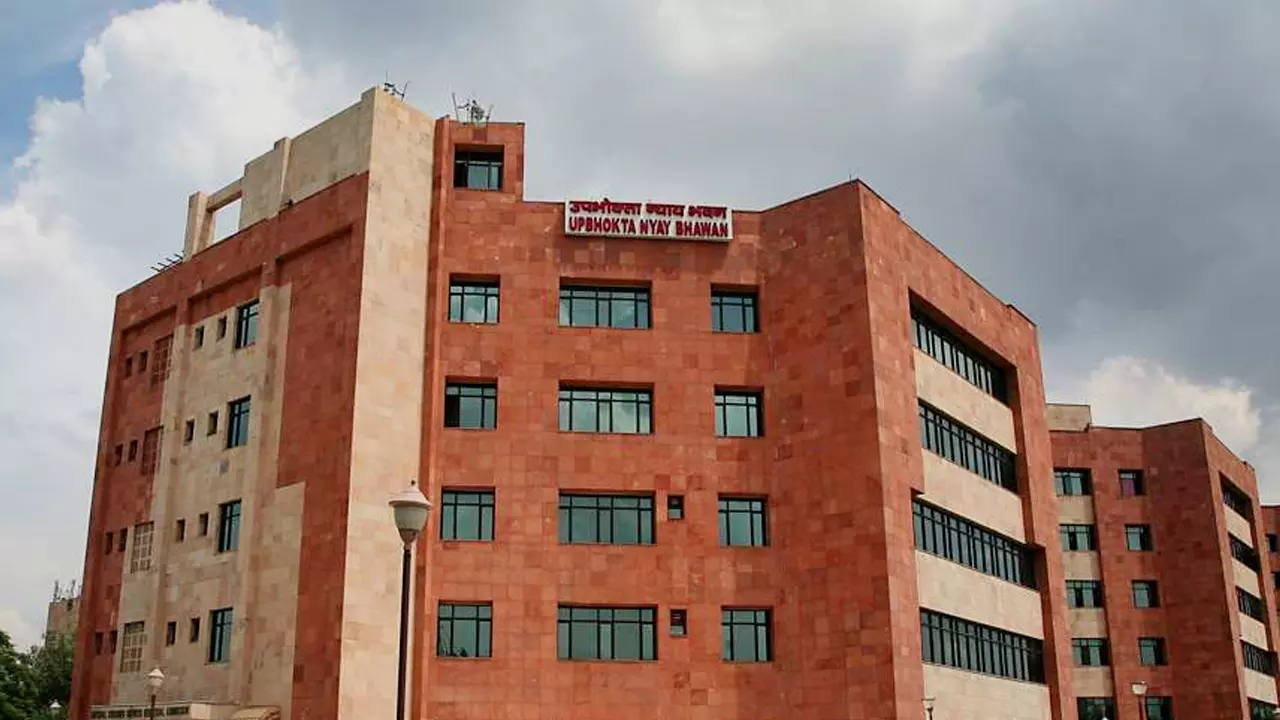The National Consumer Disputes Redressal Commission, presided by AVM J. Rajendra AVSM VSM(member), in a case against New India Assurance Company, held that the interpretation of an insurance contract must adhere to the specific terms stipulated in the contract. Any attempt to expand or reinterpret beyond the agreed terms is not permissible under the law, as it would amount to...

